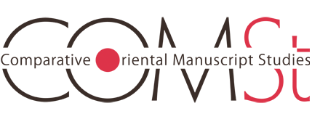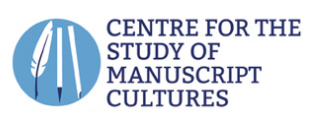The World of the Physiologus – Animal Stories and Representations in Oriental Manuscripts
Centre for the Study of Manuscript Cultures, Hamburg
28 - 29 June 2018
The Centre for the Study of Manuscript Cultures organizes a conference on Physiologus in oriental languages, with travel bursaries offered by the COMSt network in cooperation with the CSMC.
The Physiologus tells stories about animals and their behaviours, from which Christians can draw moralistic lessons for their life. The history of the Physiologus text and its evolution in Eastern Christian literatures, as well as in medieval Western culture (up to the tradition of the Bestiaries and of the encyclopaedias) is relatively well known; however, in Byzantium itself the text seems to stand in splendid isolation. Even though F. Sbordone and others after him have started to explore the sources used by the Physiologus on the one hand and the traces this text left in later literature on the other, much work must still be done to understand what the Physiologus actually is as a literary object. For this purpose it is necessary to break the walls around the Physiologus and to look beyond, for contextual and parallel materials. As for Greek literature, the “naturalistic” background has been already very much explored, but a more promising ground for research still needs to be excavated: the complex tradition of symbolic, magical, and hermetic literature (mainly produced in Egypt: Horapollon, Cyranides…) on the one hand, exegetical literature on the other hand (especially on the Hexaemeron and the Prophets). As the surrounding cultures have had a major impact on Greek literature and thought, it is very important to extend the research to possible parallels, as Sbordone did by referring sometimes in his edition to Samuel Bochart, Hierozoicon sive bipartitum opus de animalibus sacrae scripturae, London, 1663, 2 vols., a mine of information about animal stories in very many languages, which has not been replaced even though it is totally outdated.
This conference will gather renowned scholars dealing with animal-related stories (both in texts and images) in Hebrew, Arabic, and other manuscript traditions of the East, together with specialists of the Physiologus in Greek and Oriental languages, with the hope of bringing new ideas and insights about the Physiologus and its larger context to light.
Papers that shall not become chapters in the edited volume “The Physiologus: multilingual history of an early Christian text” shall be collected in a special issue of the COMSt Bulletin.


